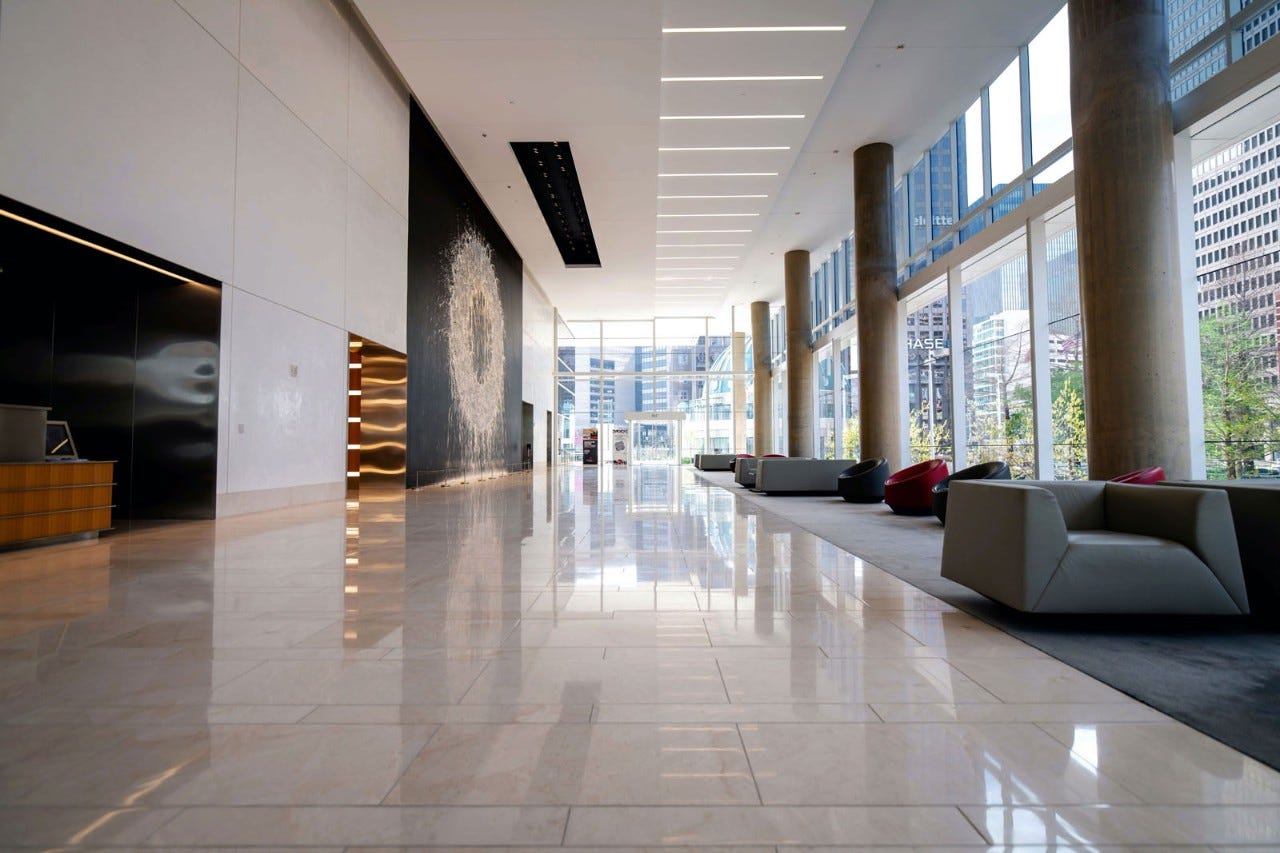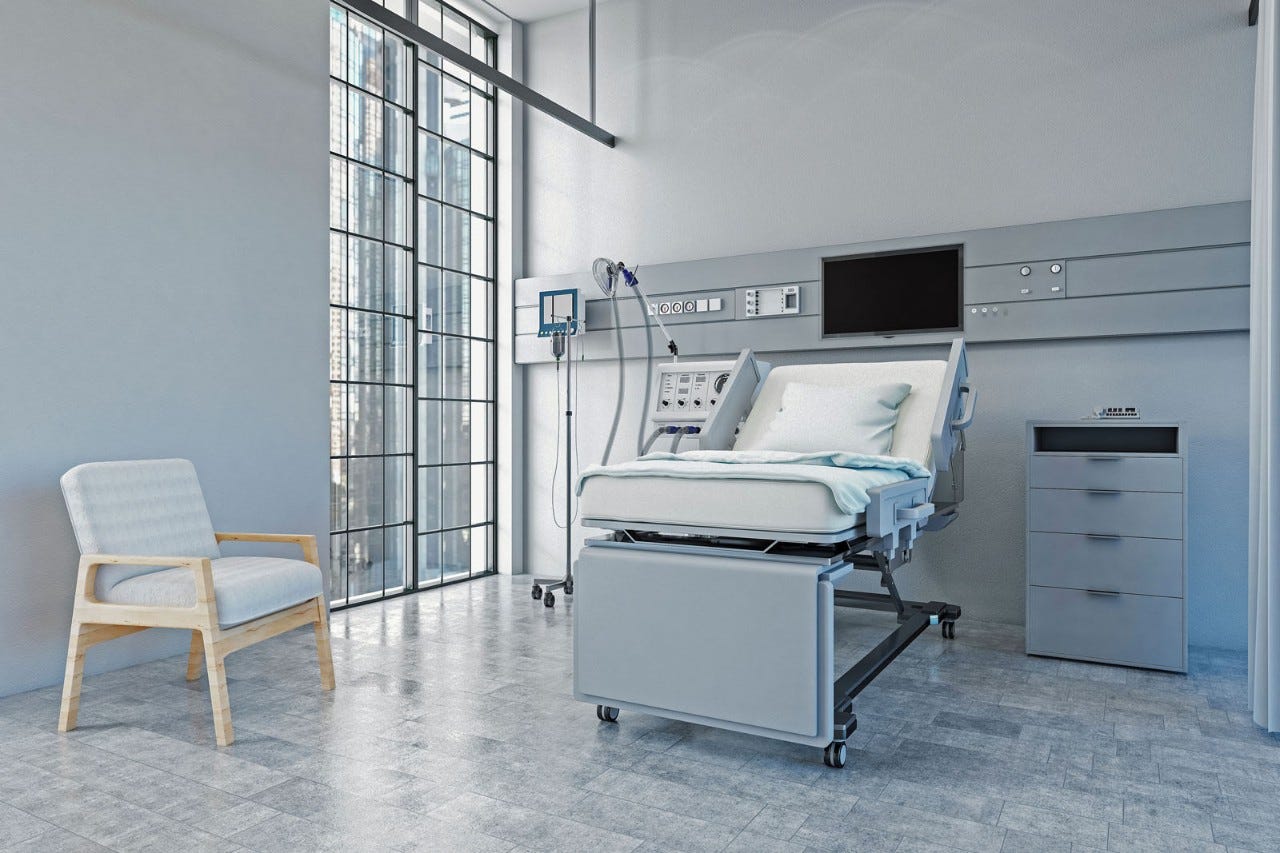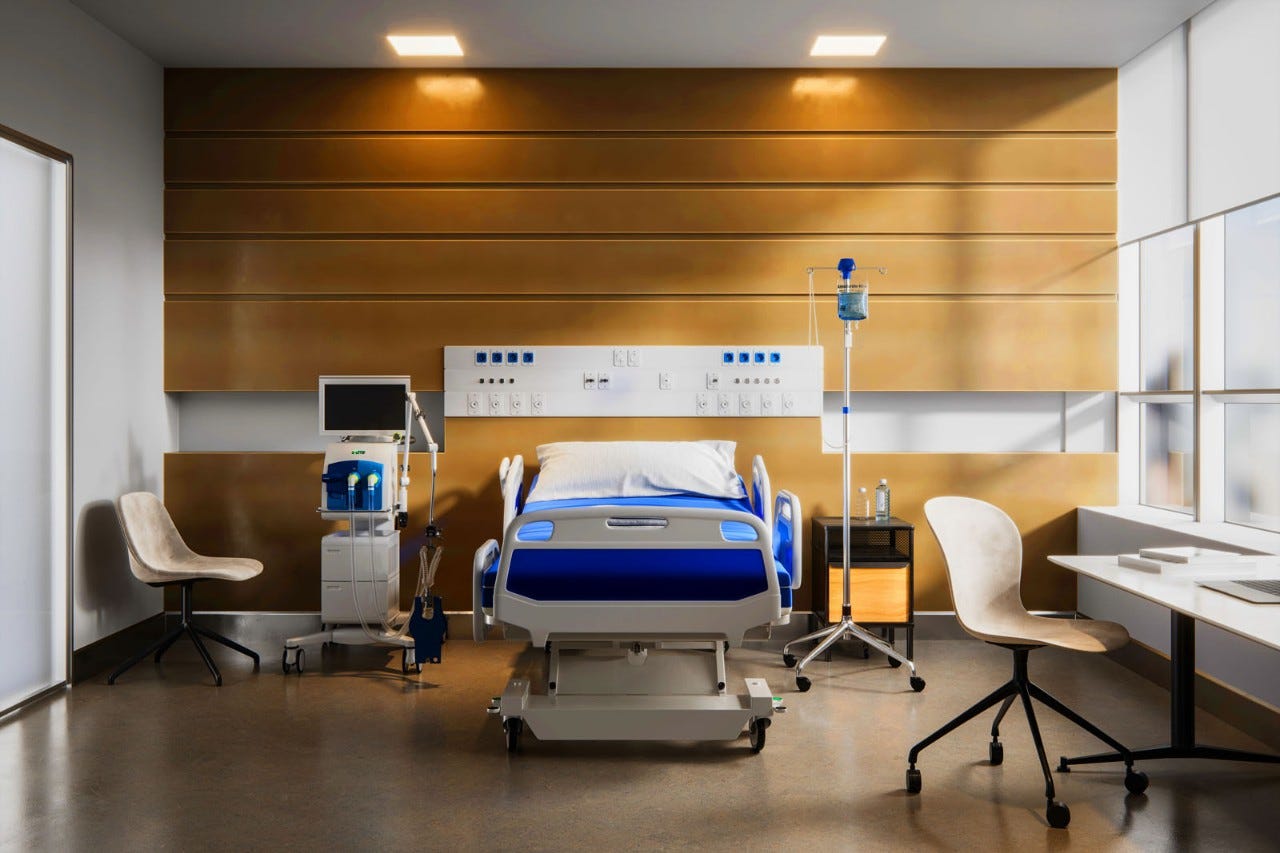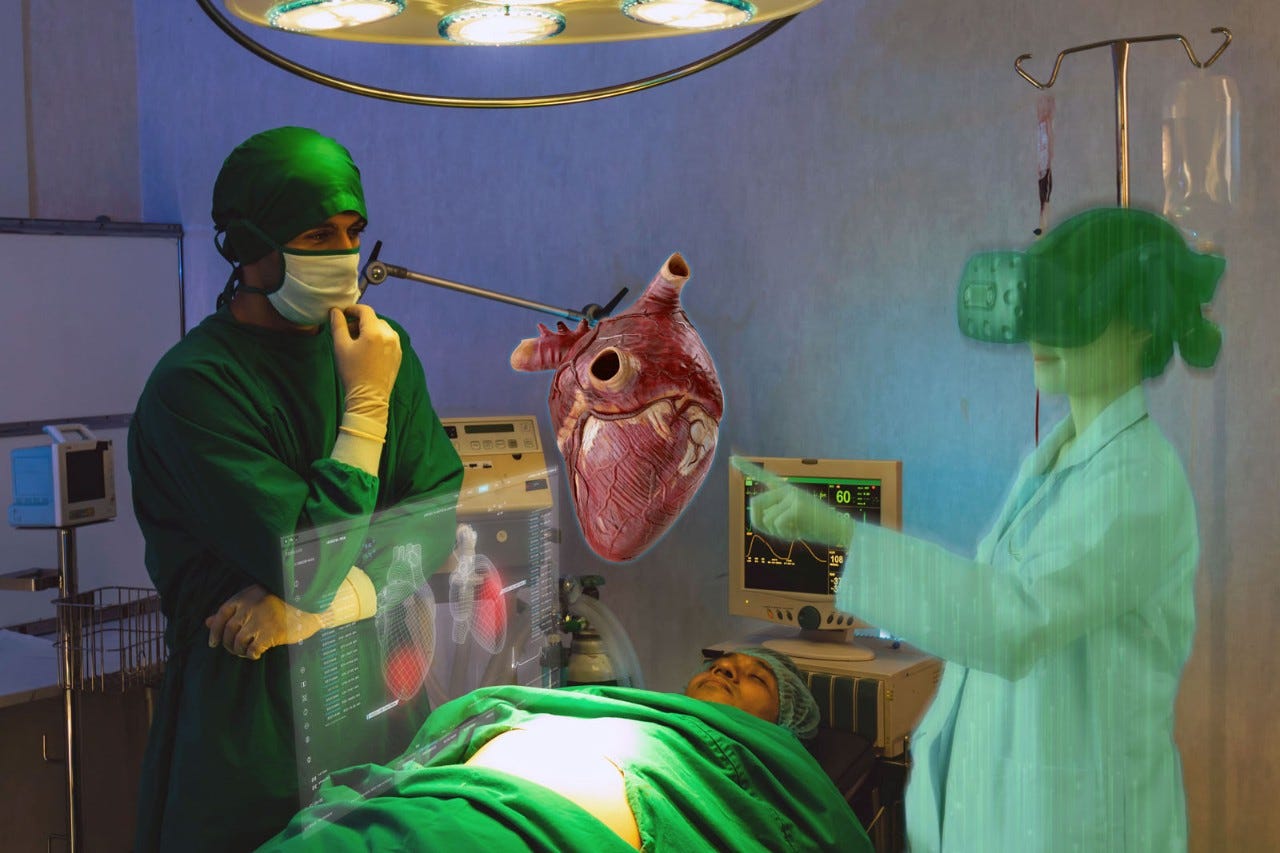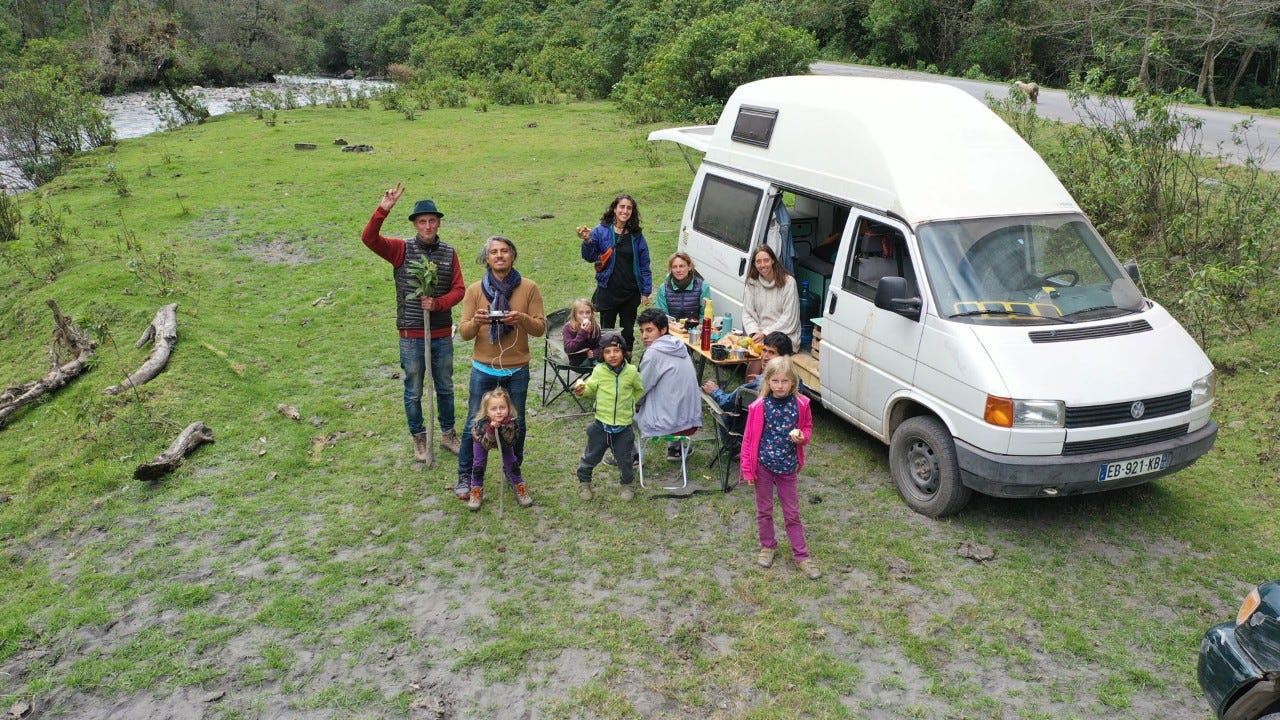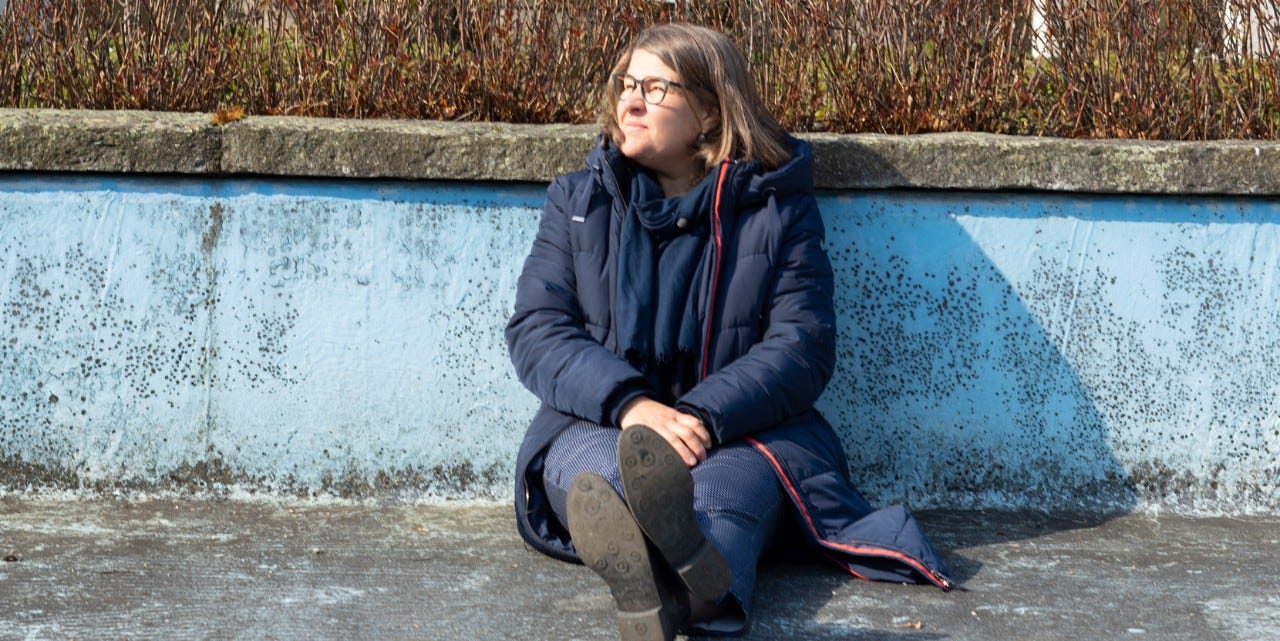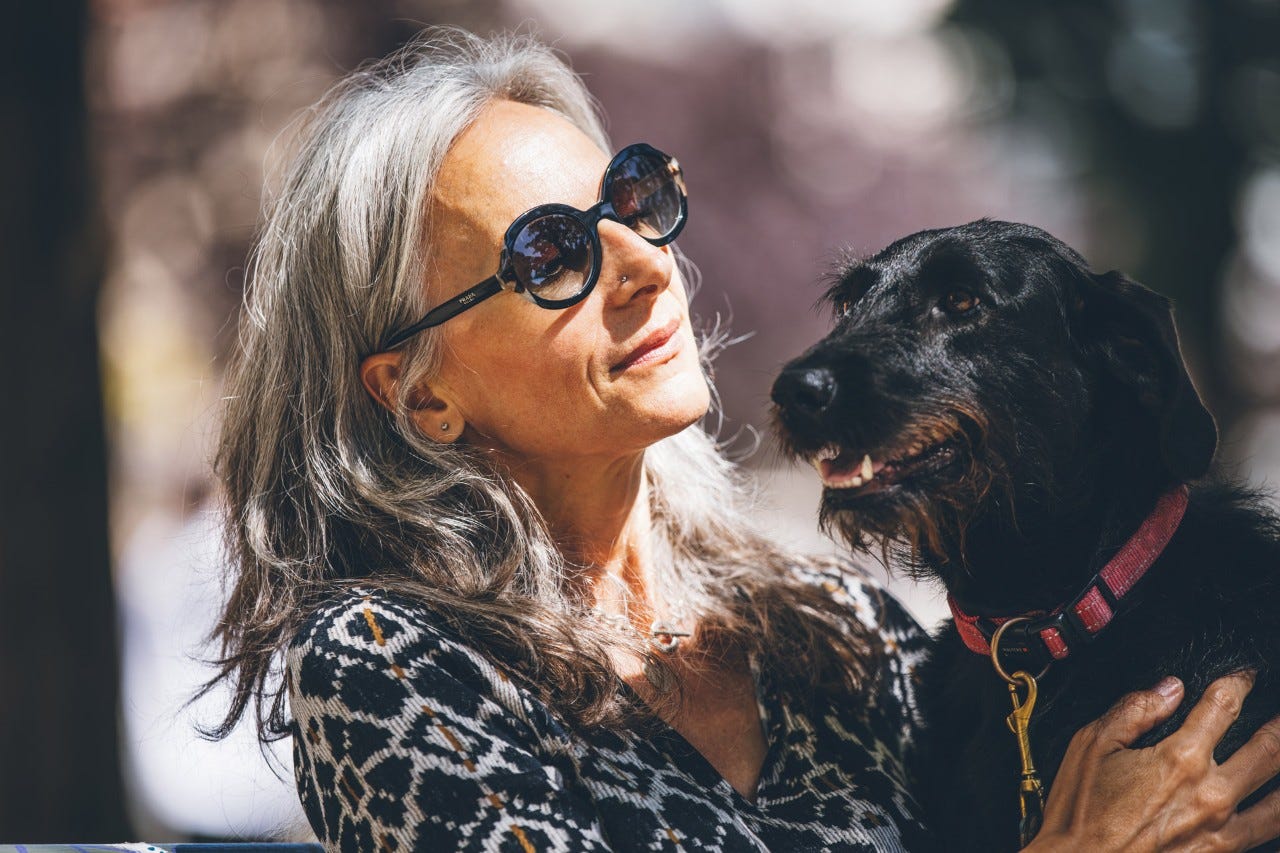Brave new world: our lives in 2050
We often hear that everything was better in the past. Let’s try again: The future is going to be great! Many things could be simpler and more convenient in 30 years’ time.
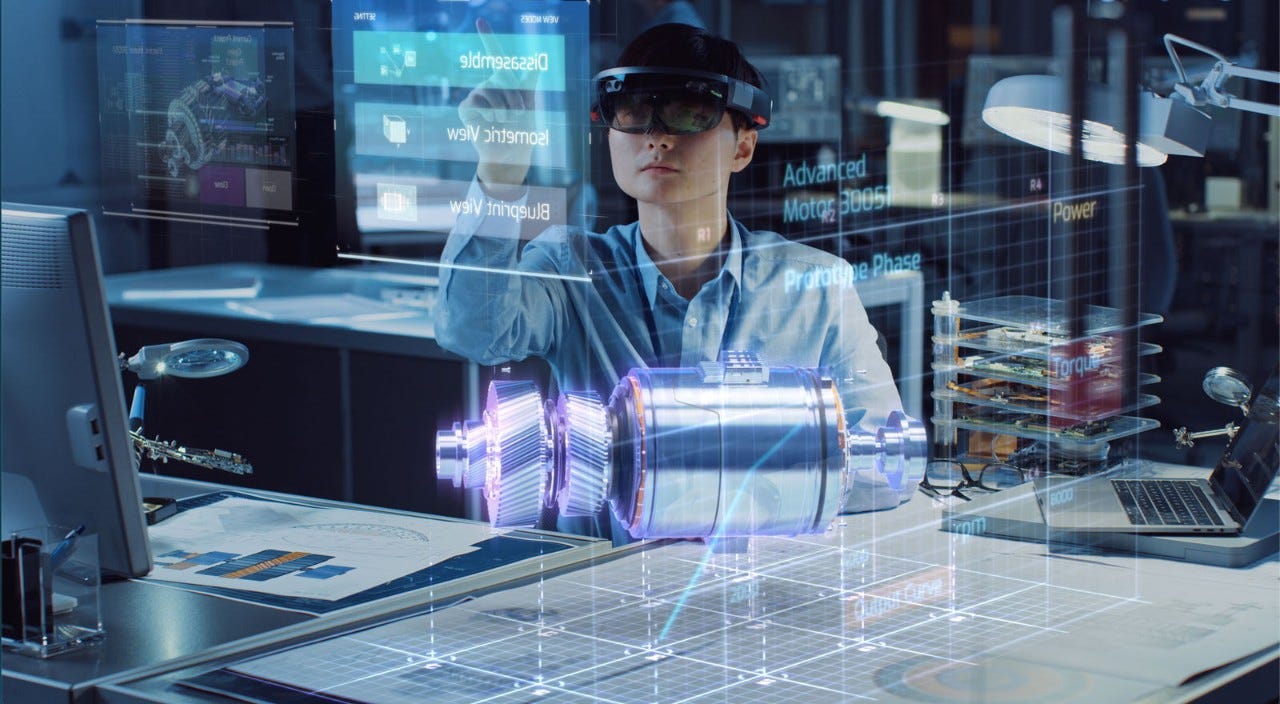
The shutters automatically glide upwards slowly and gently to reveal a view of the radiantly bright morning. Nicolas puts his eReader down containing the book he is reading about his generation: ‘How generation Z shaped the future’. In his teenage years in the 2020s, Nicolas witnessed the climate youth movement first hand. Then corona happened. And bit by bit, everything was different.
Today Nicolas is 41, it’s 7.30 on a May morning in 2050 and time to get up. Nicolas’ wife, Mia, rolls over and goes back to sleep. Flexible working hours and the 20-hour-week have long been the norm as machines and computers have increasingly been able to take on time-consuming tasks. Nicolas swings out of bed. His sleepy seven-year old daughter Sara comes to keep him company in the kitchen.
… Speaking of which: dating, contraception and sex in the future
Like most of the couples they know, Nicolas and Mia met on an online dating platform. Their parents were probably more familiar with Tinder and co. It’s successor, omni-dating, does not work via an active search on a dating platform, but alongside. Thanks to big data and intelligent algorithms, more and better data are available, meaning a virtual match in 2050 is practically the equivalent of a real match.
Incidentally: Mia would no longer need to use contraception like the pill. Before they planned to have children, the couple were using nanofibre tissues as a form of contraception. Tiny filigree woven tissues that stick to the vaginal wall and disintegrate after some time. These catch sperm and also release substances that kill off sperm and sexually transmitted diseases.
A family man through and through, Nicolas bought the fruit for his muesli yesterday at one of the vertical farms that has been producing climate-neutral fresh food for a while on the facades of high-rise buildings in the city. Nicolas can still recall how his mother started to shop more locally and in farm shops during the corona crisis in 2020. In the years that followed, the regional food boom resulted in new ecological forms of agriculture.
Artificial intelligence in everyday life
Checking out your reflection in the mirror while brushing your teeth is not just about appearance. The mirror detects the current health status of Nicolas and Sara by analysing their skin and eyes. It notices that Nicolas’ blood pressure is a little high again and automatically sends this data to his doctor. Later on he will contact Nicolas with regard to the data he received. It’s practical, time-saving and personal. Daughter Sara has not had enough sleep according to the mirror. Covert reading under the duvet still has consequences in 2050.
Time to get dressed, leave the house and start the day. Light switch? Only found in museums these days. Electricity, heating and water are all controlled digitally – ubiquitous computing is the principle of micro processors that are embedded in nearly all everyday items without being visible and exchange information. Two people are in the room and the oven is on? The sensors detect that body heat and the oven have increased the room temperature. The heating is white: She can safely reduce the power.
Less individual transport, better quality of life
The commute to work and school by father and daughter is by bike, on driverless trains and buses and by foot. Traffic is intermodular: People switch between methods of transport in a flexible and hassle-free manner. Hardly anyone owns a car anymore, that’s what car sharing fleets are for. Sharing is the new owning After two stations, Nicolas and Sara switch as usual to bikes that are stationed everywhere. Cycling is extremely popular especially since city centres have become pedestrianised zones. More space, less pollution: Getting more exercise in daily life is much more fun. This is also evident from the ever decreasing number of overweight people.
Sara turns off towards her school and Nicolas continues to his co-working space in an old factory building. The pandemic in the 2020s turned working on its head and people no longer tend to work in traditional office buildings. Nicolas meets his work colleague Simon. The other members of his team, Lakshana, Han, Inès and Abiba, will join him later from all four corners of the globe for a digital meeting. Nicolas and the other AI operations advisor are developing a 3D brain model that will help neurosurgeons, using artificial intelligence, to better perform and practise complex brain surgery. They can practise virtually until every movement is perfect.
Speaking of which: hospitals of the future
People live longer thanks to personalised medical care
Later, on the way home, Nicolas will pop in to see his grandfather Stefan. The 92-year-old is still living at home. This is made possible by numerous mobile services catering to the needs of the increasing number of older people.
And even the internet has a role to play: Stefan doesn’t need to worry about grocery shopping as he has a self-ordering smart fridge. And if he forgets to turn the stove off, an alarm will sound – and Nicolas will be alerted too. Sensors monitor his movements and call for help if Stefan has a fall.
Ten years ago he was diagnosed with cancer, which was picked up by a routine blood test at his annual health check-up. Since then he has been taking medication that is age-appropriate and specifically designed to treat his cancer so that they don’t affect him too much. Medicine has come a long way in the last few decades thanks to the abundance of data collected and artificial intelligence.
Personalised medicine is nowhere near as complicated and expensive as it used to be. Quite the opposite. On the contrary: it has been proven that the more a treatment is tailored to the patient’s needs, the less likely they are to suffer from any secondary diseases.
… Speaking of which: medicine of the future
Nicolas arrives home to find all the household chores already complete. The groceries ordered by the fridge are on his doorstep, the robot vacuum cleaner has sucked up all the crumbs from breakfast and sensors have maintained a pleasant temperature in the flat. Nicolas sits in his armchair and puts his feet up. The only thing left for him to do is relax until the rest of the family arrive home.

